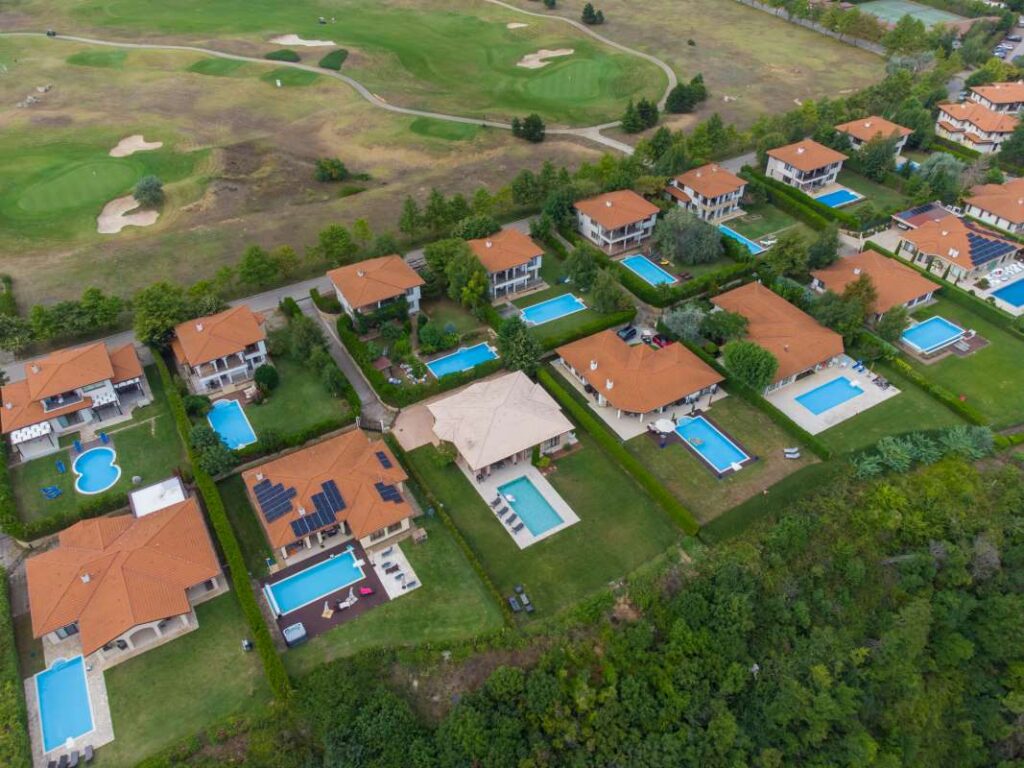Educating Clients on the Environmental Cost of Neglected Pools
Neglected pools come with significant environmental costs. Discover how educating clients on these impacts can drive better maintenance practices.
In the realm of pool ownership and maintenance, the aesthetic appeal and recreational benefits of a well-kept pool are often overshadowed by the hidden environmental costs that arise from neglect. Many pool owners may not realize that failing to properly maintain their pools can lead to significant harm to local ecosystems, water waste, and increased energy consumption. This blog post aims to illuminate these concerns, providing insights into how educating clients about the environmental impacts of neglected pools can foster responsible ownership and effective maintenance practices.
The Environmental Impact of Neglected Pools
Neglected pools can become breeding grounds for mosquitoes and other pests, which pose health risks to humans and animals alike. When pools are not maintained, the stagnant water can lead to the growth of harmful algae blooms, which can deplete oxygen levels in nearby water sources.- Water Waste: An improperly maintained pool often leaks or loses significant amounts of water due to evaporation and run-off. According to a study by the Water Research Foundation, an average pool can waste up to 40,000 gallons of water annually if left unattended.- Chemical Pollution: Unbalanced pool chemicals can lead to runoff that contaminates local waterways. This pollution can harm aquatic life and disrupt local ecosystems.- Energy Consumption: Pools that are not covered or maintained can require more energy to heat. According to the Department of Energy, maintaining proper pool temperatures in neglected pools can lead to a 30% increase in energy consumption compared to well-maintained pools.Through education, pool owners can become more aware of these environmental impacts, making it imperative for service providers to communicate these issues clearly to their clients.
The Financial Benefits of Proper Pool Maintenance
One of the most effective ways to encourage clients to maintain their pools is by highlighting the financial repercussions of neglect. Here’s how proper maintenance can save money:- Lower Repair Costs: Regular maintenance can prevent small issues from escalating into larger, costlier repairs. Investing in preventative care pays off in the long run, as it reduces the frequency of major problems that require expensive fixes.- Increased Property Value: A well-maintained pool enhances the appeal of a property. Potential buyers are more likely to invest in a home with a functioning, aesthetically pleasing pool, which can increase overall property value.- Reduction in Water Bills: By addressing leaks and inefficient water usage, clients can significantly reduce their monthly water bills. Pool maintenance can lead to more sustainable practices that not only save water but also cut costs.Emphasizing these financial benefits alongside the environmental aspects can motivate clients to prioritize proper pool care.
The Role of Education in Promoting Sustainable Practices
Education plays a critical role in promoting sustainable practices among pool owners. Here are some strategies that can help:- Workshops and Training: Hosting workshops that educate clients about the environmental costs of neglected pools can be effective. These workshops can cover water conservation techniques, the importance of chemical balance, and the benefits of regular maintenance.- Informative Materials: Providing brochures, infographics, and online resources can help clients understand the impact of their pool maintenance choices. Including statistics and real-life examples can make the information more relatable and actionable.- Incentives for Sustainable Practices: Offering incentives for clients who implement sustainable practices can encourage them to take action. For instance, service providers might offer discounts on maintenance packages for clients who commit to regular cleaning and chemical testing.By fostering a culture of education, pool service providers can empower their clients to make environmentally-conscious decisions.<h2.Case Studies: Successful Education InitiativesSeveral pool service providers have successfully implemented educational programs that highlight the importance of maintaining pools for both environmental and economic reasons. These case studies showcase effective approaches and outcomes:- Example 1: Eco-Friendly Pool Services: This company initiated a community outreach program that included free educational workshops on sustainable pool practices. Participants learned about chemical usage, conservation methods, and maintenance schedules. As a result, the company saw a 25% increase in regular maintenance contracts and a positive shift in community perception toward eco-friendly practices.- Example 2: Digital Resource Hub: A pool service provider developed an online resource hub featuring articles, videos, and interactive quizzes on pool maintenance. Clients who engaged with the content reported a higher understanding of the environmental impacts of neglect and an increased commitment to regular maintenance.These examples underline the potential benefits of educational initiatives, encouraging other service providers to adopt similar strategies.
Best Practices for Pool Maintenance
To minimize the environmental costs associated with neglected pools, here are some best practices that clients should be encouraged to follow:- Regular Cleaning: Ensure that pools are regularly cleaned to prevent the buildup of debris, which can lead to algae growth and water contamination.- Chemical Balance: Regularly test and adjust pool chemicals to maintain proper pH levels. This not only ensures a safe swimming environment but also prevents harmful runoff.- Water Conservation Techniques: Utilize covers to reduce evaporation, and consider installing a pool filter that minimizes water waste. Educating clients on these methods is crucial for promoting responsible resource use.- Professional Inspections: Encourage clients to schedule professional inspections at least twice a year to identify any issues before they escalate.By providing these best practices and emphasizing their importance, pool service providers can play a pivotal role in promoting sustainability in pool ownership.
Conclusion
In summary, the environmental costs associated with neglected pools are significant, yet they are often overlooked by pool owners. By educating clients on these impacts, pool service providers can foster a greater sense of responsibility and encourage sustainable practices. Highlighting the financial benefits of proper maintenance alongside these environmental considerations is crucial for motivating action. As the demand for environmentally-friendly practices grows, service providers can position themselves as leaders in the industry by prioritizing education and sustainability. Taking steps to educate clients not only benefits the environment but also enhances the overall client experience, leading to long-term relationships built on trust and a shared commitment to responsible pool ownership. For those looking to start or expand their pool service business, consider exploring opportunities available through
pool routes for sale and leverage the training and support offered by
Superior Pool Routes. Join the movement towards sustainable pool maintenance today!



